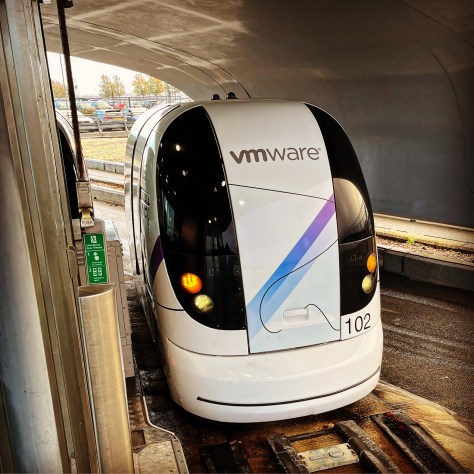Took some leave this week and headed off to Chessington World of Adventure for the day.
It was nice to see Lawrie win our Star of the Month award for his work at ALT-C. I took the time to write a detailed nomination about what he did and the impact it had. It was a well deserved win.
Spent most of the week planning, reflection, and researching concept of optimisation of operations and data. Researching the background, exemplars, benefits, issues, challenges, and barriers to shared services across higher education. I have been finding relevant reports and documents, uploading them to Dovetail and then going through them undertaking analysis of the content, tagging different sections. Still early for deep insights, but often these reports flag the potential benefits of shared services, there is a lot of discussion about the importance of process analysis and optimisation, before moving to a shared service model.
This reminds me of some work I did back in 2014 about process analysis and optimisation before adding software or a digital service to the workflow. For example no point in adding a CRM for student recruitment, unless you go through the current process of student recruitment, and then reflecting on what you are trying to achieve. Without undertaking the process analysis, you can often find that all you are doing is spending a lot of time, effort, and money on creating a digital version of the existing process, which often results in just translation, and not taking advantage of the affordances of what digital and online can bring, and usually losing the nuance of the analogue or in-person process.
It has been a little but more challenging to see some of the blockers and barriers that stop the implementation of shared services, but this is where I can bring in some of my own experiences to the table.
Read this interesting article this week: Sunderland City Council is planning to extend the local eduroam Wi-Fi network into the city centre.
It is working with the University of Sunderland and its smart city partner Boldyn Networks to enable accredited users of EduROAM, developed as a Wi-Fi service for the higher education sector, to obtain connections beyond the university’s campus through the public Wi-Fi network.
From a social mobility perspective, inclusion, widening participation, reducing carbon, wellbeing, and a range of other factors it’s important that eduroam extends beyond the campus. It enables students to access Wi-Fi at a time and place of their choosing, rather than being forced to travel to campus.


















